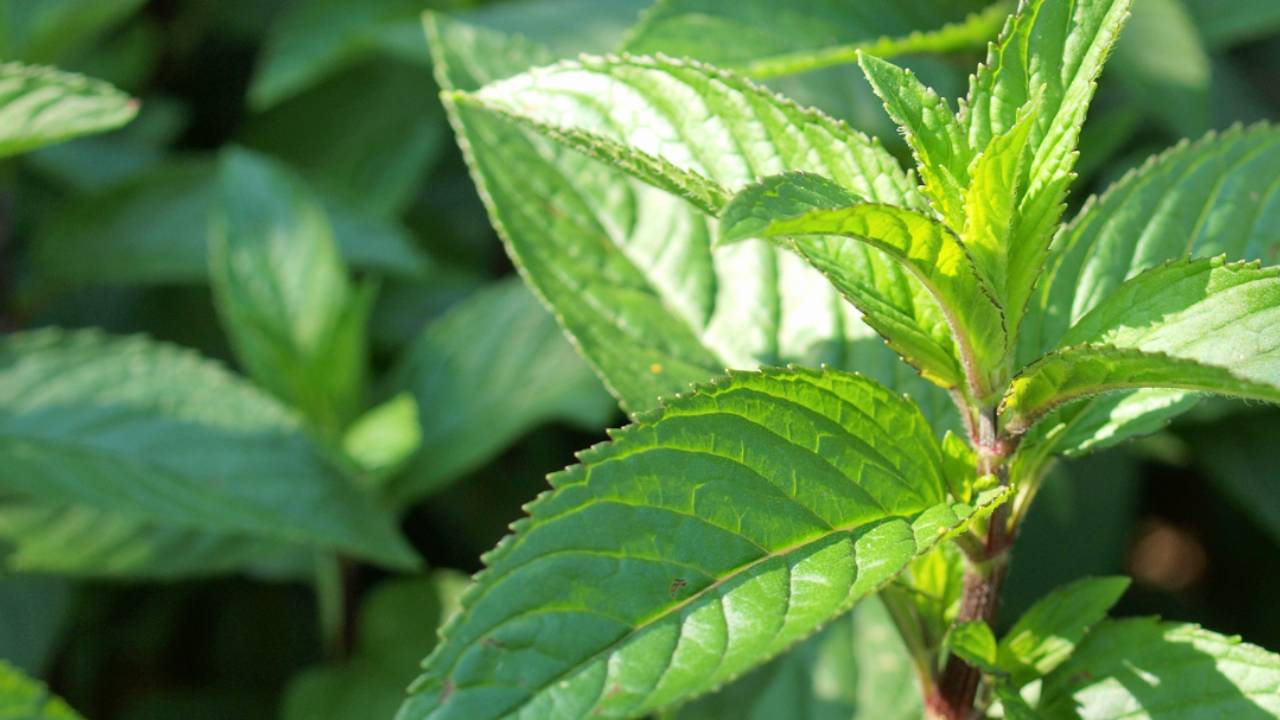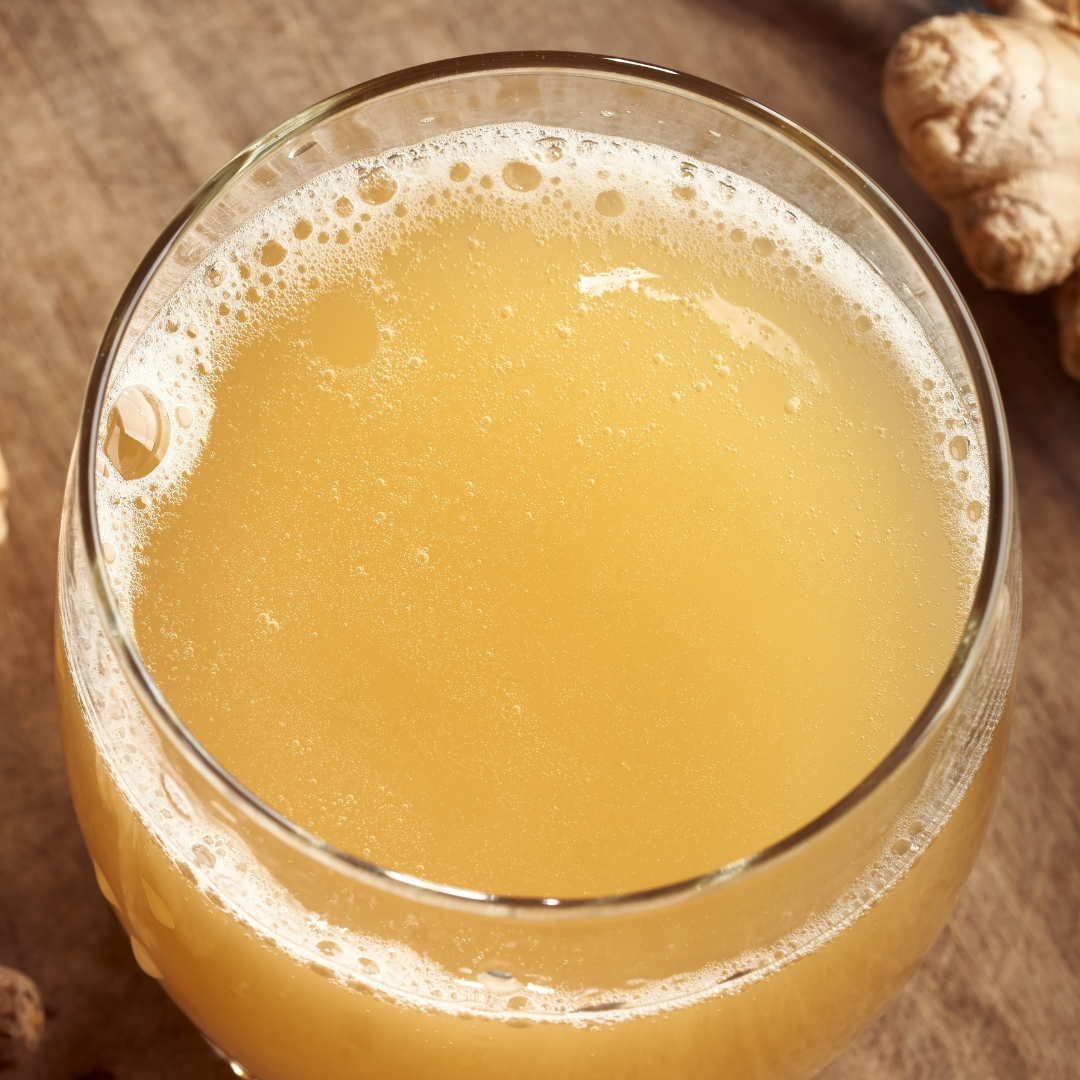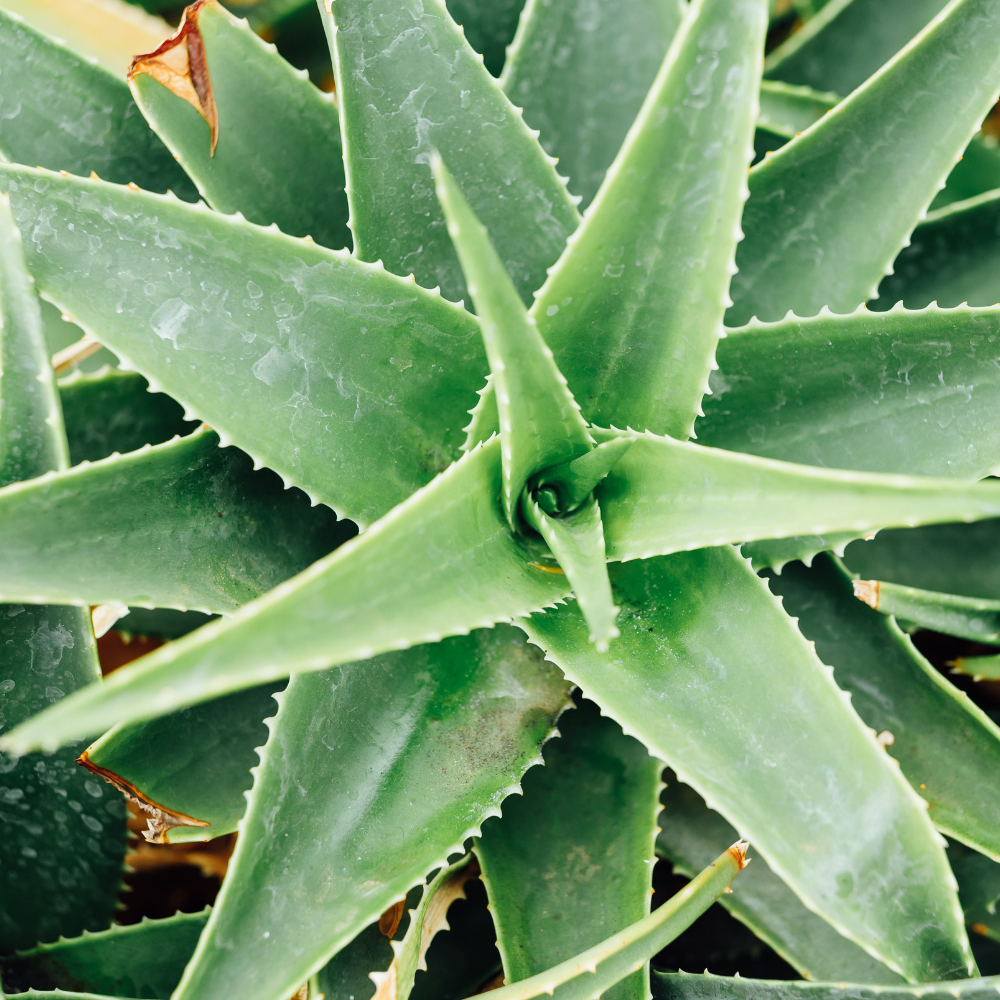
Post Holiday Gut Reset: Herbs To Relieve Indigestion
The festive season often brings joy, laughter, and a big ‘ol selection of indulgent treats. But, the aftermath of all those rich meals and sugary treats can wreak havoc on your gut. The following days could have your digestive system crying for help. Overeating can inflame the gut, compromise the gut lining, and lead to symptoms like bloating, abdominal pain, and indigestion that linger far beyond the celebration.
Don’t worry! With a few herbal remedies, cleaning up your diet while you heal, and a few temporary lifestyle changes, you can reset your gut and return to feeling your best.
Why Overeating Wreaks Havoc on Your Gut
The digestive tract is a delicate, finely tuned system that processes food, absorbs nutrients, and eliminates waste. Overloading it by overeating and indulging in heavy foods, sweets, and drinks will throw it off balance. This overwhelms the system, causing excessive gas, water retention, constipation, diarrhea, heartburn, intestinal discomfort, and more. Here’s what happens:
- Rich foods slow down gastric emptying, leaving you feeling overly full and sluggish.
- Sugary treats feed harmful bacteria, which cause bloating and inflammation in the gut lining.
- Dairy products and fried foods trigger food intolerances in some, leading to uncomfortable and painful digestive issues.
- Alcohol that irritates the stomach lining and reduces stomach acid.
These habits typically worsen conditions like irritable bowel syndrome, acid reflux, and inflammatory bowel disease. If you have chronic gut conditions, regaining a proper gut balance will take significantly longer in many cases.
Natural Remedies to Soothe and Reset Your Gut
Thankfully, your digestive system is incredibly resilient. You don’t need a magic pill to get your digestive health back on track. Using some of these natural remedies can help alleviate symptoms and restore balance:
Herbal Teas: Sip On Something Soothing
Herbal teas like chamomile tea, fennel tea, and peppermint tea are wonderful at easing abdominal discomfort. They have anti-inflammatory properties, promote bile production, and reduce buildup of gas.
- Peppermint Tea (Mentha piperita): A natural remedy for irritable bowel syndrome and occasional gas. Its carminative properties help relax the muscles of the gastrointestinal tract, relieving abdominal cramps and reducing bloating. It’s also one of the most effective remedies for heartburn.
- Fennel Tea (Foeniculum vulgare): This herb has antispasmodic and carminative properties. Those properties make this herb excellent at relaxing the smooth muscles in the digestive tract that cramp, and dissolving the gas that builds in the gut.
- Chamomile Tea (Matricaria chamomilla): Chamomile has the power to break down gas, protect the gut lining, fight against harmful bacteria, relax muscles, and reduce inflammation. This calming tea soothes an upset stomach and reduces abdominal discomfort caused by undigested food…and it works FAST!
Warming Herbs and Spices: For Smoother Digestion

Certain herbs and spices stimulate digestive juices and have carminative properties that ease gastric distress. Adding certain spices to your daily diet called bitters, can work wonders for your digestive system….even when you aren’t suffering from bad holiday choices.
- Ginger (Zingiber officinale): A warming herb that promotes gastric emptying and helps with nausea and vomiting. Lots of studies are out there on ginger and its power to help promote healthy gut motility.
- Cumin (Cuminum cyminum) and Coriander Seeds (Coriandrum sativum): These spices help digest food better by stimulating stomach acid and bile production. If you don’t have a gallbladder, this isn’t going to do as much for you. However, the combination of these herbs and taking a good digestive enzyme for a few weeks may help tremendously.
- Black Pepper (Piper nigrum): Black pepper is excellent at enhancing nutrient absorption and combating the buildup of gas. Packed with carminative properties, black pepper supports bile production and nutrient absorption.
Hydrate Like You Mean It
Don’t misunderstand that statement. Chugging water will definitely compound some of those symptoms we’re trying to get rid of. But, hydrating the right way is going to be a key part of soothing the gut lining and helping regulate digestion.
How do you hydrate “the right way”?
- Don’t chug water until your stomach is full.
- Drink consistently throughout the day. Slow and steady wins the race.
- Add some minerals: Celtic sea salt has over 80 minerals and is the best source of electrolytes. Sucking on a piece of Celtic sea salt and then drinking a cup of water, will help drive that water into the cells and hydrate you more fully. A fully hydrated body means a happier gut.
Probiotics AND Prebiotics
Probiotics, the good bacteria that support your GI tract, play a crucial role in maintaining gut health. They help restore balance in your digestive system, support the immune system, and improve overall digestive health. You can find probiotics naturally in foods like yogurt, kefir, and fermented vegetables—or buy a high quality supplement.
But, probiotics don’t work alone. Prebiotics, a type of fiber found in foods like garlic, onions, bananas, and asparagus, act as fuel for probiotics. Prebiotics nourish probiotics, helping them thrive and do their job more effectively.
They are equally important. Prebiotics and probiotics work beautifully together, to create a healthy microbiome.
Aloe Vera Isn't Just For Skin

Let’s talk about what it can do for your gut. First, I want to give you a warning. Aloe vera does have laxative effects. If this isn’t a property you would benefit from, skip this herb altogether.
Aloe vera isn’t just for your skin; it’s also beneficial for gut health. It can support healthy gut motility, and support balanced acid production. Most importantly, it has wonderful anti-inflammatory properties that soothe the gut lining.
Small Lifestyle Changes with Big Benefits
Beyond natural remedies, small tweaks to your routine can have a big impact on your digestive health. The length of time and amount of changes you’ll need to make depend on your unique body. Everyone is different. Here are some things you can do:
- Frequent Meals: Small, frequent meals help your digestive system process food more efficiently and avoid the strain of overeating.
- Physical Activity: A post-meal walk or gentle yoga can encourage gastric emptying and improve circulation to the digestive tract.
- Avoid Trigger Foods: Steer clear of common irritants like alcohol, dairy products, and fried foods that can trigger acid reflux or a medical condition.
The good news is that the digestive system has an amazing capacity for recovery. Your gut is incredibly resilient, and with a little help, it can recover rather quickly.
By incorporating herbal remedies, dietary changes, and improving your daily habits, you’ll have your healthy gut back in no time. Maybe even better than it was before!
Make these practices a part of your post-holiday routine, and let your digestive system thank you.
A healthier, happier gut is just a few simple steps away.
Don't miss a thing!
New herbal education and recipes delivered to your inbox.
We hate SPAM. We will never sell your information, for any reason.
Recent Posts
